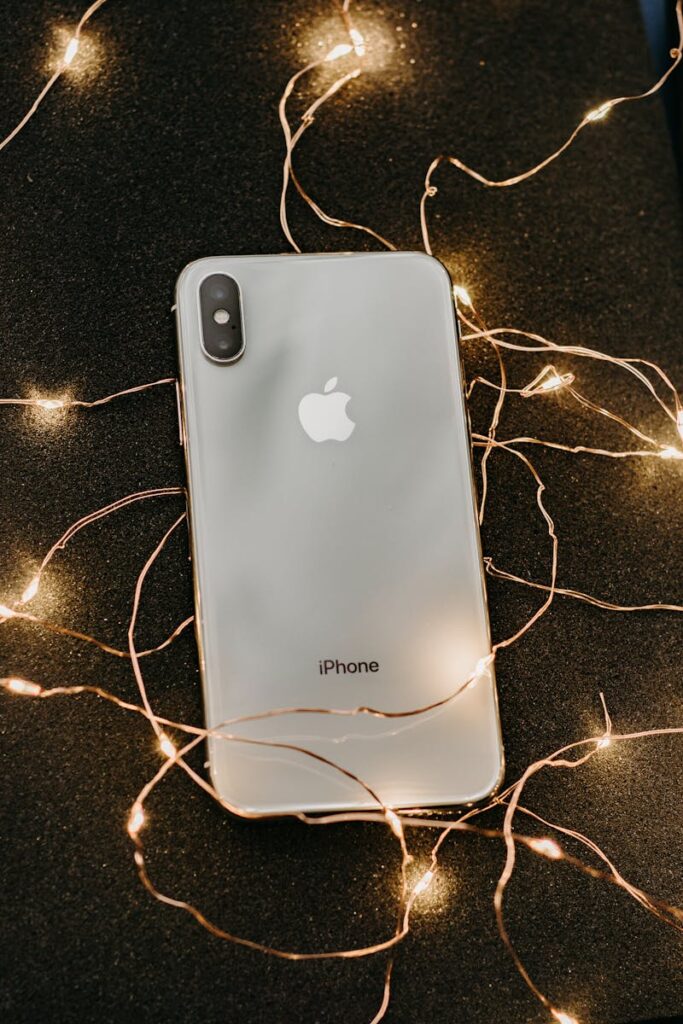In a move that could reshape the smartphone industry, the U.S. Justice Department has launched a formidable legal challenge against Apple Inc., alleging the tech behemoth has unlawfully monopolized the smartphone market to the detriment of competition and consumers. The lawsuit, filed in New Jersey, marks a significant escalation in the government’s scrutiny of big tech’s market dominance and could have far-reaching implications for the sector’s future.
The Justice Department’s case rests on the assertion that Apple has wielded its control over the iPhone to engage in a “broad, sustained, and illegal course of conduct” that has effectively locked consumers into its ecosystem while excluding competitors. Deputy Attorney General Lisa Monaco condemned Apple’s actions, stating that the company has “smothered an entire industry” by stalling innovation in the market it once revolutionized.
Apple’s response to the lawsuit was swift and unequivocal, branding the legal action as “wrong on the facts and the law” and vowing to “vigorously defend against it.” The company insists that its integrated approach to hardware, software, and services is what sets Apple products apart and is critical to the “magical experience’ it offers users.
The lawsuit takes a comprehensive view of Apple’s business practices, accusing the company of using its technology and business relationships to “extract more money from consumers, developers, content creators, artists, publishers, small businesses, and merchants, among others.” It alleges that Apple has diminished the functionality of non-Apple smartwatches, restricted third-party digital wallets, and refused to allow encrypted messaging between iMessage and competing platforms.

The legal action seeks to dismantle what is often referred to as Apple’s “walled garden”—a strategy that has been instrumental in Apple achieving nearly $400 billion in annual revenue and, until recently, a market value surpassing $3 trillion. However, Apple’s shares have dipped this year, with Microsoft overtaking it as the world’s most valuable company.
Critics argue that Apple’s claim to prioritize user privacy is undermined by its business model, which includes a significant revenue share from Google for internet searches on the iPhone and up to 30 percent commission on app store sales. The lawsuit also highlights concerns that Apple’s practices may hinder its ability to keep pace with competitors like Microsoft and Google in developing artificial intelligence-powered products.
The case is part of a broader antitrust siege by the Biden administration, which has also taken legal action against Google and Amazon and attempted to block acquisitions by Microsoft and Meta Platforms. With the Justice Department now directly challenging Apple’s business practices, the stakes for the company have never been higher.
The result may reshape the smartphone industry and establish new standards for antitrust enforcement in the tech sector as the legal dispute progresses. However, as a verdict is unlikely until 2026, and possible appeals could prolong the process, the full effect of this legal action is yet to be determined.
Related posts:
Justice Department sues Apple, alleging it illegally monopolized the smartphone market
Live updates: US sues Apple in antitrust complaint





